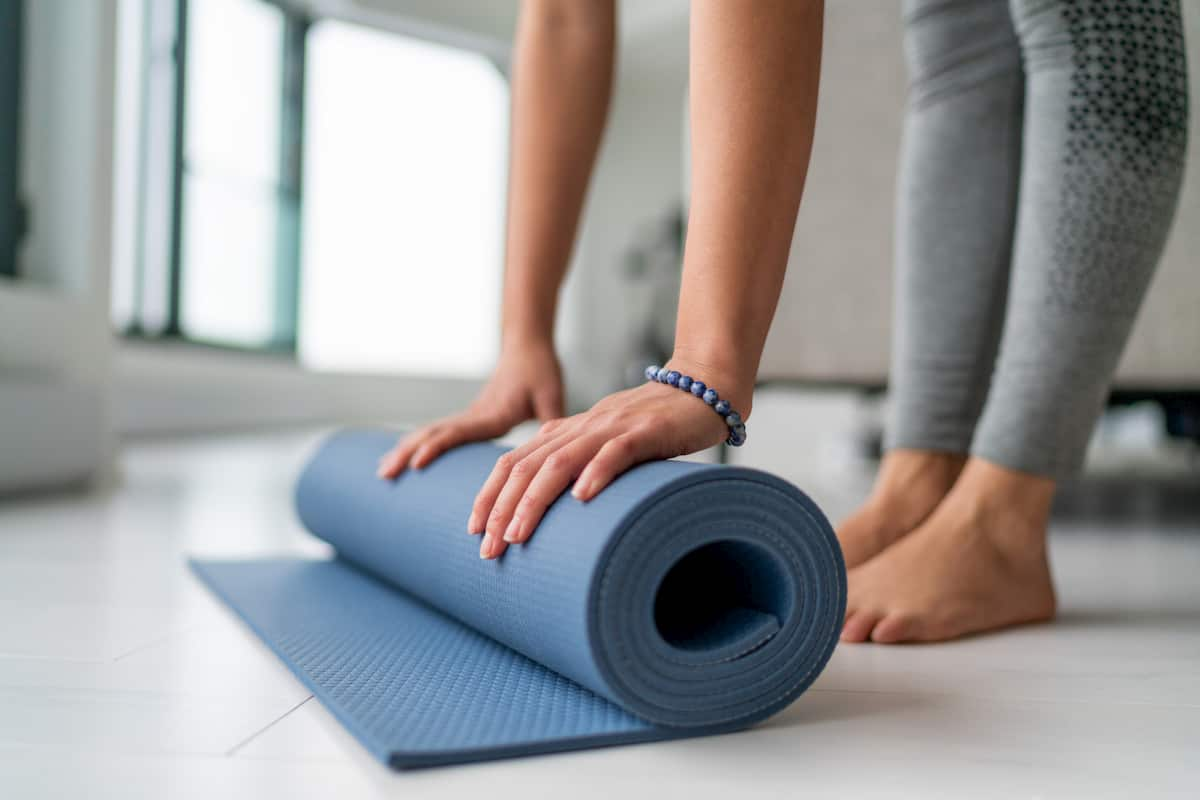When you have low energy levels, it can impact your life in so many ways.
We often try to push ourselves past the point of exhaustion, and when we do have low energy, we might try to identify unhealthy ways to deal with it, like caffeine or energy drinks. Often, those things that we think are going to help quickly boost our energy may end up being bad for our health and causing an even bigger crash, making us feel more fatigue.
In one troubling poll from the National Sleep Foundation, 60% of Americans said they’d driven while sleepy, and 37% said they’d fallen asleep at the wheel in the past year.
The following are some natural ideas you might try to improve your energy levels. You should also talk to your doctor if you consistently feel fatigued or low on energy because it could indicate another problem.
Table Of Contents
Tips To Boost Your Energy Naturally
Wake Up Without Coffee
If you can start to learn to wake up every morning without coffee, it can actually be a better way to build steady energy.
When you have coffee every morning or caffeinated drinks in general, it can be a problem because you do experience a crash ultimately.
Instead of waking up with coffee, think about having a healthy snack with a low sugar index, like Greek yogurt or an apple with peanut butter.
Eating For Energy
Don’t skip meals or snacks, and ensure that all the food you eat is high in nutrients. Empty calories and sugar are big culprits as far as draining your energy and making you feel worse.
Specific eating tips that can help improve your energy levels include:
- Again, eat small but frequent meals. Sometimes, when your brain doesn’t have enough energy reserves from food, it can make you feel fatigued. You might feel sluggish after just a few hours of going without eating. You don’t have to eat a huge meal to combat this, though.
- Try to keep your meals not just frequent but small. If you eat a huge lunch, you’re more likely to have an energy slump afterward.
- Don’t crash diet. When you crash diet, you’re not fueling up yourself in a way that’s going to give you energy. If you do want to lose weight, go slow and just try to cut out no more than 500 calories a day.
Reduce Your Alcohol Intake
If you drink alcohol, you’re going to feel the effects in pretty much every area of your life, whether you realize it or not.
Anything more than a glass of wine with dinner might be excessive.
You may start to notice an energy decline not just when you’re drinking or right after, but even the next morning. Alcohol impacts the quality of your sleep, even though you might fall asleep faster when you’re drinking.
Have Your Iron And Hemoglobin Levels Checked
Ferritin is a protein that binds to iron. Most of the iron your body stores is bound to ferritin, so that can often show doctors how much iron you have. Iron is a nutrient that is part of hemoglobin. Hemoglobin is a protein that’s in your red blood cells.
Hemoglobin transports oxygen around your body and helps your body create energy from fat and carbohydrates.
If you’re deficient in iron, meaning in either hemoglobin or ferritin, then your blood isn’t able to carry as much oxygen to your brain and muscles. This can then make you feel tired and weak. Chronic fatigue is one of the big symptoms of iron deficiency.
Iron deficiency is especially common in young females but can occur in anyone.
If you do have iron deficiency, you can start reversing it with a supplement or through the foods that you eat.
For example, heme iron is one type of iron that can help increase your hemoglobin. Heme iron comes from red meat.
Non-heme iron is from a plant source, and it comes from food like rice, oats, nuts, vegetables, and beans.
You can get too much iron, which is why it’s important to have your levels checked before you do anything else.
Other Vitamins And Supplements To Consider
If you’re feeling especially tired, your doctor can check not only your ferritin and hemoglobin levels but also your B12 levels. Vitamin B12 helps your body form red blood cells to transport oxygen, and it’s an important part of your brain function as well.
Magnesium is a mineral that your body uses for hundreds of functions, and it’s a good source of energy.
If you’re deficient in magnesium, taking a supplement can help you get better quality sleep too.
Stay Hydrated
The importance of drinking enough water really can’t be overstated. Water is one of the primary components of your blood. It empties your body of waste and delivers nutrients to your cells.
If you’re dehydrated, you are likely to feel fatigued.
Develop Good Sleep Habits
Some people are tired for the obvious reason that they don’t get enough sleep, but for others, too much sleep can cause fatigue. You have to evaluate what you’re doing and how you feel to figure out what changes you might need to make.
For example, if you’re not sleeping enough at night, are you napping too much during the day? If so, try to eliminate that from your routine.
If you don’t think you’re sleeping enough, start to make small changes, like going to bed 10 or 15 minutes earlier each night and progressively adding onto that.
Finally
Try to reduce your stress. This is a big challenge, and our lives are often permeated with stress, but if you can find ways to reduce it or cope with it in a healthy way, then you may feel less fatigued. Stress, particularly chronic or intense stress, zaps your energy.
It can make you feel exhausted, and it can also be difficult for you to do other things when you’re grappling with high-stress levels.




